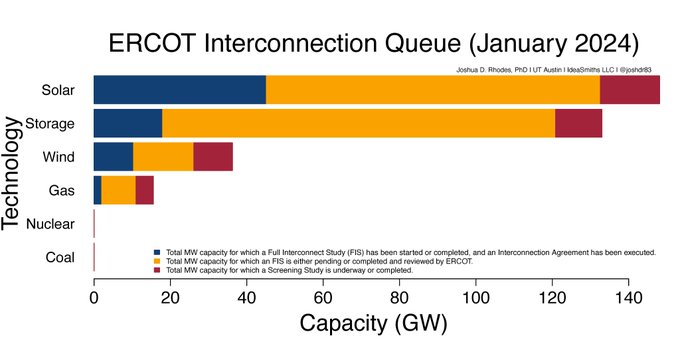March 26, 2015
Texas research organization sparking an energy revolution
by Anmar Frangoul | Special to CNBC.com
At first glance, Dennis and Carole Mick’s house in Austin, Texas, is no different to tens of thousands of other U.S. homes. But their neighborhood, built on the site of Austin’s former airport, could well be one of the most innovative – and sustainable – on the planet.
Their home is part of Pecan Street, an initiative that could transform the way we think about how we live and consume energy.
The website for Pecan Street states that the project uses smart grid technology to offer homes, commercial properties and schools, “energy data in real-time.”
Subsidies encourage residents like Carole and Dennis to purchase solar panels and electric cars in return for providing the University of Texas at Austin – and other institutions around the world – with real time data about their energy consumption.
“With the help of Pecan Street, we were able to purchase 6.2 kilowatts worth of solar panels,” Dennis Mick told CNBC’s Sustainable Energy. “They are producing energy on an ongoing basis: anytime the sun is out, we’re making electricity,” he added.
Brewster McCracken is the President and CEO of Pecan Street. “We’ve taken a consumer grade data measurement tool for solar panels, and are using it to operate the world’s largest research database on customer energy use,” he said.
“You know, 1,200 homes we’re measuring down to the appliance level,” McCracken added. “And we’re doing that to help universities and the companies we work with better understand the challenges that are going to emerge as these new technologies start to appear at home.”
The potential of solar as a viable alternative to fossil fuels is vast. On its website, the International Energy Agency states that, “under extreme assumptions solar energy could provide up to one-third of the world’s final energy demand after 2060.”
Carole Mick drives an electric-hybrid car that more often than not is plugged in at home and charged using solar electricity. While its emissions are low, the car is also benefitting her financially. “It’s a great little car, it gets me everywhere I need to go,” she said.
“I love the fact that I can look down here [at the dashboard] and see that I’ve put 20,762 miles on it in the three years that we’ve had it, and I’ve used in that three years 71.7 gallons of gasoline.”
So what’s the point of Pecan Street? The anonymized data is collated by Pecan Street using what it calls, “the world’s preeminent research network of energy and water customers.”
This is then analyzed by academics all over the world, giving them a detailed insight into trends in energy usage and how new, innovative technology affects existing infrastructure.



















